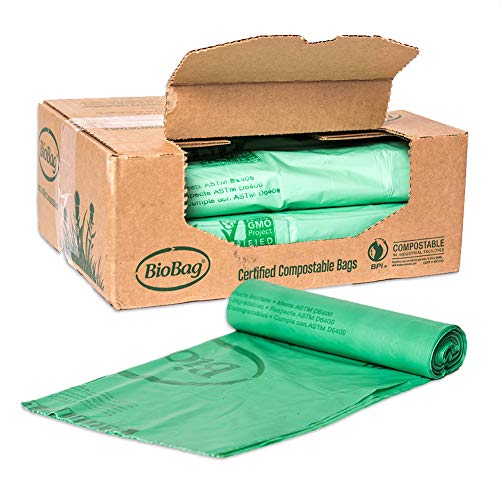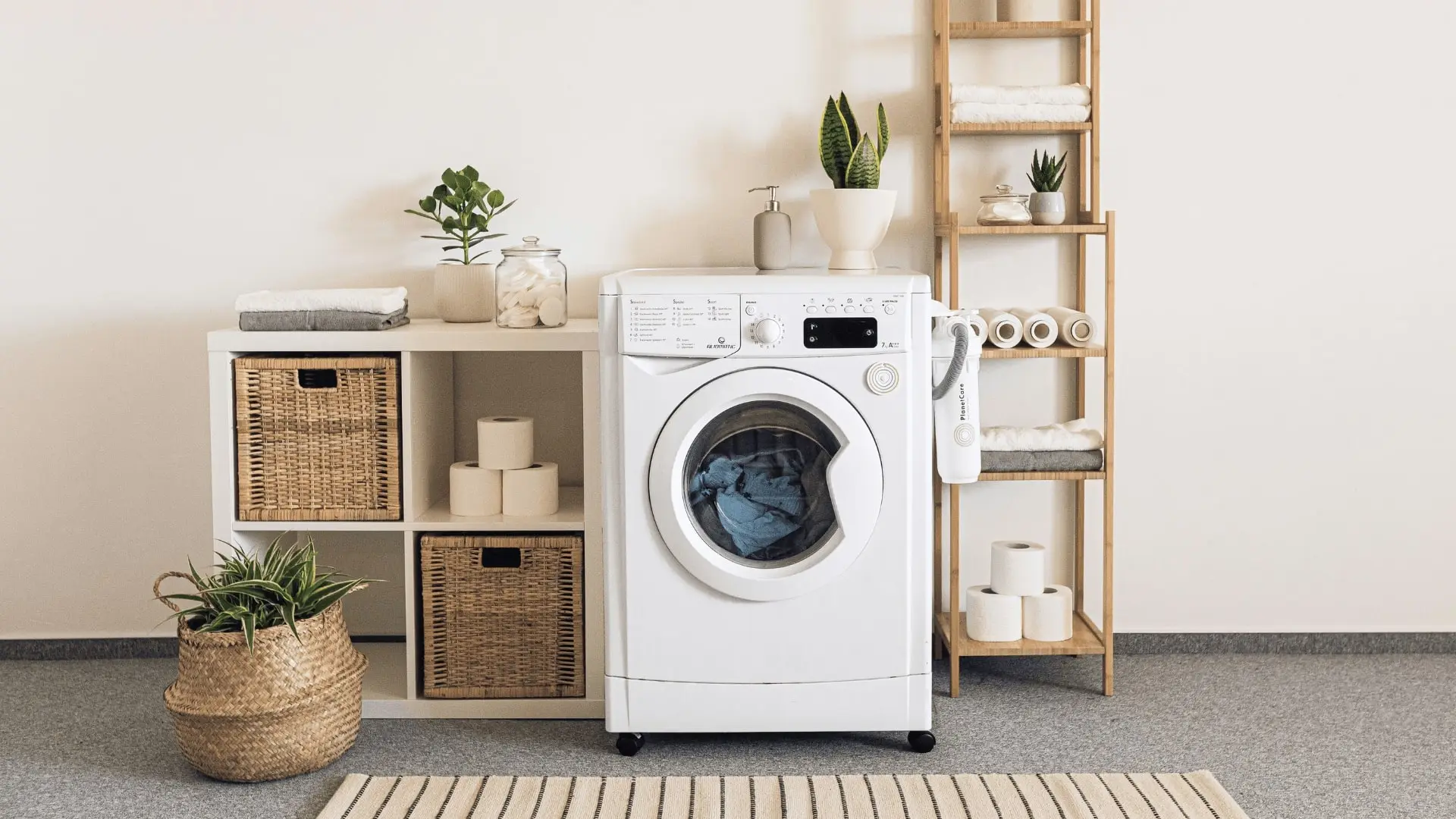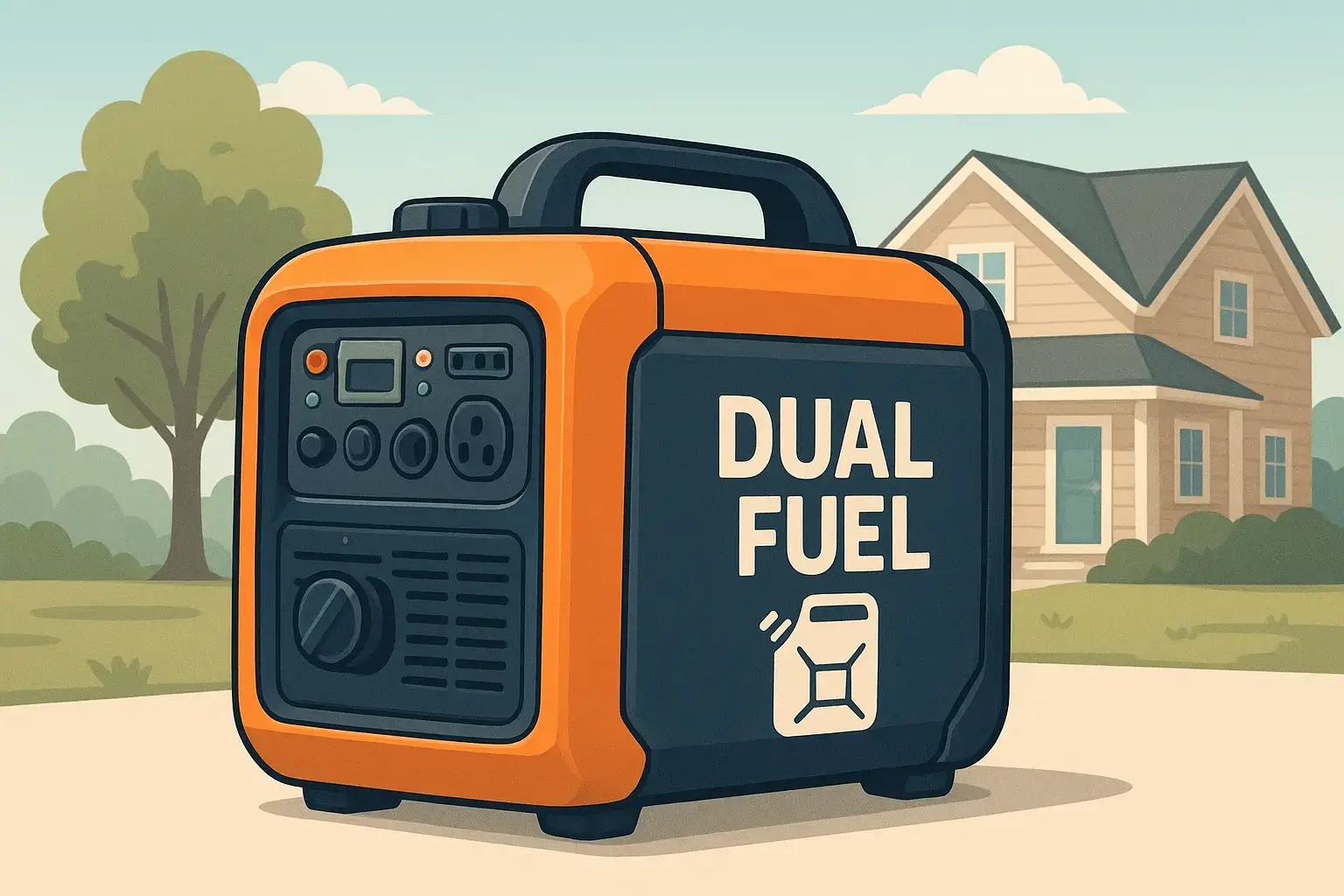Table of Contents
- Introduction 📜
- 1. What Are Sustainable Household Products?
- 2. Best Eco-Friendly Household Products
- 3. Benefits of Using Sustainable Products
- 4. How to Choose Sustainable Household Products
- 5. Tips for Transitioning to Sustainable Products
- 6. Common Myths About Sustainable Products
- 7. Real-Life Examples and Testimonials
- Closing Thoughts 💭
- Frequently Asked Questions ❓
- Sources and Further Reading 💡
⚠️ When shopping for sustainable household products, we strongly recommend checking out Amazon's daily deals for potential savings. These promotions often change, so reviewing them before purchasing can help you find the best price on the right model. Make sure you don't miss out! Also make sure to verify certifications and how the product is sustainable before buying.
📌 This post may contain affiliate links, so we may receive compensation if you purchase products linked to below. As an Amazon Associate, I earn from qualifying purchases. This helps support our work and allows us to create more helpful content for you. Read our disclosure for more information.
Introduction 📜
What are sustainable household products? These are items designed to minimize environmental impact while promoting health and well-being in our homes. They are crafted from eco-friendly materials, utilize energy-efficient processes, and often come with minimal packaging, ensuring they contribute to a more sustainable lifestyle.
As awareness grows around the importance of sustainability, many consumers are actively seeking alternatives to conventional products that can harm the environment. From biodegradable cleaning supplies and reusable kitchenware to non-toxic personal care items, sustainable household products not only serve their intended purpose but also play a crucial role in preserving our planet for future generations.
By opting for sustainable choices, individuals can significantly reduce their carbon footprint, minimize waste, and support ethical manufacturing practices. This shift towards greener living fosters a healthier home environment and encourages a broader societal change towards sustainability. In this guide, we will explore the various categories of sustainable household products, their benefits, and tips for making mindful purchasing decisions that align with eco-conscious values.
Embracing sustainable household products is more than just a trend—it’s a vital step toward a more sustainable future, where every choice contributes to the health of our planet and the well-being of its inhabitants.
1. What Are Sustainable Household Products?
Sustainable household products are all about making choices that are better for both your home and the environment. These items are crafted from eco-friendly materials and are produced in ways that minimize waste and energy use. When you choose sustainable products, you’re not just getting something that works well; you’re also helping to create a healthier planet for everyone.
Below, you’ll find a table showcasing a variety of sustainable household products that can make your home more eco-friendly. From biodegradable cleaning supplies to reusable kitchen items and non-toxic personal care products, there are plenty of options that fit seamlessly into your everyday life. Each of these products is designed not only to help you reduce waste but also to keep your living space safe and comfortable.
| Sustainable Household Product | Recommended Product | Cost | Features | Climate Pledge Friendly | Description | Rating |
|---|---|---|---|---|---|---|
| 1. Disposable Plates |
Bambu Pack of 100-9 Inch Disposable Bamboo Plates 
|
$$ |
✔ Eco-Friendly: 100% bamboo, biodegradable, and sustainable alternative to plastic. ✔ Durable: Elegant design, sturdy for multiple uses, perfect for any occasion. ✔ Convenient: Lightweight, compost-approved, no washing needed—great for events and daily use. |
✗ | Eco-friendly plates made from renewable bamboo, perfect for parties or outdoor events. |
|
| 2. Compostable Plates |
Charity Leafe 10" Square Palm Leaf Plates (200-pack) 
|
$$ |
✔ Sustainable: Made from fallen palm leaves, 100% compostable and chemical-free. ✔ Durable: Heavy-duty, microwave-safe for reheating up to two minutes. ✔ Elegant: Handcrafted design, unique and perfect for events, holds generous portions. |
✗ | Made from fallen palm leaves, these plates are biodegradable and sturdy, suitable for any meal. |
|
| 3. Biodegradable Utensils |
Ibambo 100% Bamboo Cutlery Set 
|
$$ | ✔ Eco-Friendly: 100% natural bamboo, biodegradable, and compostable alternative to plastic. ✔ Durable: Sturdy and splinter-free for a pleasant dining experience. ✔ Versatile: Ideal for any occasion, from casual picnics to formal events. |
✔ | A complete set of biodegradable utensils made from sustainable bamboo, ideal for eco-conscious dining. |
|
| 4. Eco-Friendly Cups |
12oz Sweet Agave Fiber Cups - 500 Biodegradable, Plant-Based 
|
$$ |
✔ Eco-Friendly: Made from upcycled agave fibers, reducing waste and reliance on plastic. ✔ Durable: Sturdy design prevents sogginess, suitable for hot and cold beverages. ✔ Biodegradable: Breaks down in 24-36 months, minimizing landfill impact. |
✗ | Made from agave fibers, these cups are compostable and provide an alternative to plastic cups. |
|
| 5. Compostable Heavy-Duty Plate |
Stalkmarket 100% Compostable Sugar Cane Fiber Heavy Duty Plate, 5-Compartment 
|
$$$ |
✔ Eco-Friendly: Made from 100% sustainable sugarcane, tree, and plastic-free. ✔ Compostable: Safe for composting in both home and commercial facilities. ✔ Durable: Sturdy construction that resists leaks and holds up well with liquids. |
✗ | A versatile 5-compartment plate made from sugar cane fiber, perfect for serving multiple dishes. |
|
| 6. Eco-Friendly Trash Bags |
6. BioBag (USA) The Original Compostable Bag, 32 Gallon 
|
$ |
✔ Compostable Material: Certified compostable, breaking down without harmful residues. ✔ Durable: Star-sealed for extra strength, minimizing leaks and tears. ✔ Eco-Friendly Packaging: Ships in waste-reducing packaging, supporting sustainability. |
✗ | Compostable trash bags made from plant materials, designed to reduce plastic waste in landfills. |
|
| Choosing Sustainable Essential Household Products: Key Considerations 🌱 | |
|---|---|
| ✔️ Eco-Friendly Materials | Opt for products made from sustainable materials like bamboo, recycled plastic, or glass. 🌍 |
| ✔️ Energy Efficiency | Choose energy-efficient appliances to reduce electricity consumption and lower your carbon footprint. 💡 |
| ✔️ Non-Toxic Ingredients | Look for household cleaners and products free from harmful chemicals for a healthier home. 🧼 |
| ✔️ Durable and Long-Lasting | Invest in high-quality products that will last longer, reducing waste over time. ⏳ |
| ✔️ Reusability | Select reusable items like cloth towels and containers to minimize single-use waste. ♻️ |
You May Also Like 👇
FAQs❓
1. What Is An Example Of A Sustainable Product?
+An example of a sustainable product is a bamboo toothbrush. Bamboo is a renewable resource that grows quickly and requires minimal pesticides. Unlike traditional plastic toothbrushes, which contribute to ocean pollution and take hundreds of years to decompose, bamboo toothbrushes are biodegradable. By choosing a bamboo toothbrush, you reduce plastic waste and support sustainable farming practices.
2. How To Make Eco-Friendly Products At Home?
+You can make eco-friendly products at home using simple ingredients. For example, to create a natural all-purpose cleaner, mix equal parts of white vinegar and water in a spray bottle. This solution effectively cleans surfaces without harsh chemicals. Additionally, you can make reusable beeswax wraps by melting beeswax with jojoba oil and pine resin, then coating cotton fabric. These wraps can replace plastic wrap, reducing waste. Homemade soap using natural oils and lye is another great option that allows you to control ingredients and reduce packaging waste.
3. What Are The Best Sustainable Products?
+Some of the best sustainable products include reusable shopping bags made from organic cotton, solar-powered chargers for electronic devices, organic cotton clothing that avoids harmful pesticides, biodegradable phone cases made from natural materials, and recycled paper products that minimize environmental impact. Additionally, consider products like stainless steel water bottles and glass food storage containers, which help reduce single-use plastics and are durable alternatives.
4. How Can Households Be More Sustainable?
+Households can be more sustainable by implementing various practices. Start by reducing energy consumption through the use of energy-efficient appliances and switching to LED light bulbs. Implement recycling and composting systems to minimize waste, and choose products with minimal packaging. Growing a home garden for fresh produce reduces reliance on store-bought goods and their associated carbon footprint. Additionally, opt for local and sustainable brands when shopping to support eco-friendly practices and reduce transportation emissions.
5. How Can A Product Be Sustainable?
+A product can be sustainable if it is made from renewable resources, has a minimal environmental impact during its lifecycle, and is designed for durability and repairability. Sustainable products should be recyclable or biodegradable at the end of their life cycle, reducing their impact on landfills. Additionally, the manufacturing processes should utilize eco-friendly practices, such as reducing water usage, limiting carbon emissions, and ensuring fair labor practices. By choosing sustainable products, consumers can support a circular economy that minimizes waste and promotes environmental stewardship.
6. How Can Households Be More Sustainable?
+Households can adopt several practices to enhance sustainability. Reducing water usage is crucial, so consider installing low-flow fixtures and fixing leaks promptly. Transitioning to renewable energy sources, such as solar panels, can significantly cut down on fossil fuel dependency. Furthermore, using eco-friendly cleaning products, minimizing food waste by planning meals, and buying in bulk can also contribute to a more sustainable household. Supporting local farmers through community-supported agriculture (CSA) programs can also help reduce the carbon footprint associated with food transportation.
References 💡










